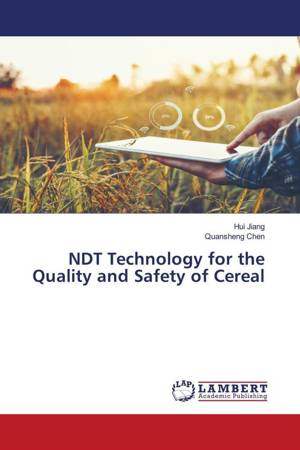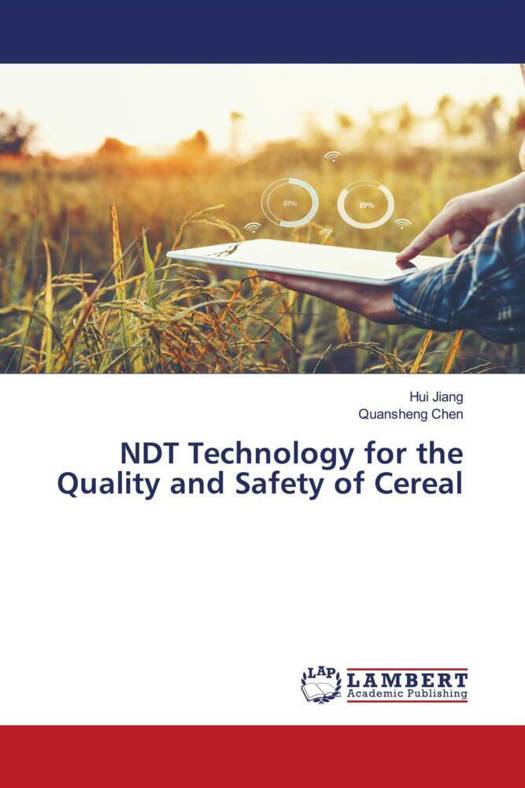
- Afhalen na 1 uur in een winkel met voorraad
- Gratis thuislevering in België vanaf € 30
- Ruim aanbod met 7 miljoen producten
- Afhalen na 1 uur in een winkel met voorraad
- Gratis thuislevering in België vanaf € 30
- Ruim aanbod met 7 miljoen producten
Zoeken
€ 74,95
+ 149 punten
Omschrijving
The people are the foundation of the country, and the cereal is the life of the people. Food security has always been a major strategic issue related to the development of the national economy, social stability and national self-reliance, and is an important foundation for national security. Grain will go through a long storage and transportation link from harvest to processing, and during the storage and transportation process, the cereals are prone to mildew due to environmental factors. Especially when stored under hot and humid conditions, it is easy to be contaminated by mold and produce various toxins. The properties of mycotoxins are relatively stable and generally will not be removed in subsequent processing, which seriously threatens the health of humans and animals. In recent years, due to global warming, the extent and scope of food damage by mycotoxins have been on the rise. Therefore, monitoring and preventing mycotoxin contamination of grain has become the top priority in grain inspection, which is of great significance for ensuring food security.
Specificaties
Betrokkenen
- Auteur(s):
- Uitgeverij:
Inhoud
- Aantal bladzijden:
- 364
- Taal:
- Engels
Eigenschappen
- Productcode (EAN):
- 9786204191034
- Uitvoering:
- Paperback
- Afmetingen:
- 150 mm x 220 mm

Alleen bij Standaard Boekhandel
+ 149 punten op je klantenkaart van Standaard Boekhandel
Beoordelingen
We publiceren alleen reviews die voldoen aan de voorwaarden voor reviews. Bekijk onze voorwaarden voor reviews.











